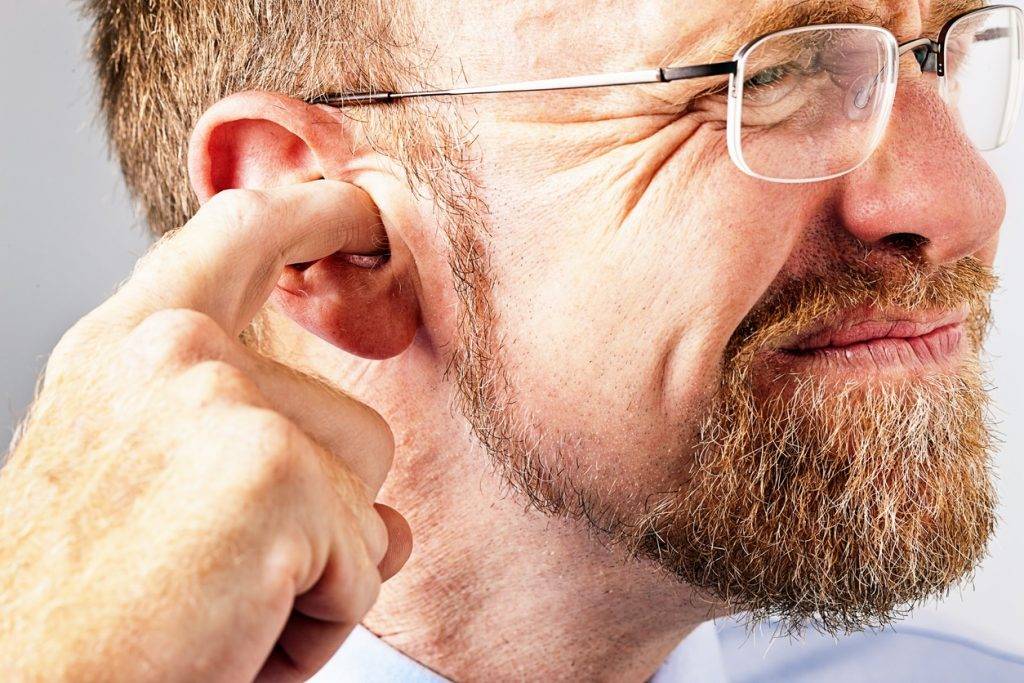Waking up with ear fullness and dizziness can be alarming, especially when it persists or disrupts your day. These sensations are often related to issues within the ear, vestibular system, or even factors like allergies and stress. Understanding the causes and treatments can help alleviate symptoms and prevent recurrence. In this blog, we’ll explore why you may be waking up with these symptoms, discuss potential treatments, and explain how physical therapy can play a key role in managing dizziness and balance-related conditions.
Common Causes of Ear Fullness and Dizziness
- Ear Infections and Eustachian Tube Dysfunction
One of the most common reasons for waking up with ear fullness and dizziness is an ear infection. Infections can lead to fluid buildup, inflammation, and congestion in the middle ear, affecting your balance and causing discomfort. Eustachian tube dysfunction, where the small tube connecting the middle ear to the throat becomes blocked, can also create a sensation of fullness in the ear and lead to dizziness. This condition often occurs due to colds, allergies, or sinus infections, which may worsen while lying down. - Meniere’s Disease
Meniere’s disease is a chronic inner ear disorder that can cause severe dizziness (vertigo), ear fullness, tinnitus (ringing in the ear), and hearing loss. The exact cause of Meniere’s disease is unknown, but it is thought to be related to fluid buildup in the inner ear. Symptoms tend to come and go, but they may be particularly noticeable upon waking when fluid shifts in the ear due to changes in head position. - Benign Paroxysmal Positional Vertigo (BPPV)
BPPV is another leading cause of waking up dizzy. This condition occurs when tiny calcium particles in the inner ear, known as otoliths, become dislodged and interfere with your balance. BPPV is often triggered by changes in head position, such as rolling over in bed or sitting up after lying down. People with BPPV may experience brief but intense episodes of dizziness, often accompanied by a sensation of ear fullness. - Allergies and Sinus Pressure
Allergies can cause congestion and inflammation in the sinuses and ears, leading to a sensation of fullness and dizziness & Vertigo. When you sleep, congestion may worsen, making it more noticeable when you wake up. Seasonal allergies, hay fever, or exposure to environmental allergens like dust and pollen can exacerbate these symptoms. - Stress and Anxiety
Although it might not seem directly related, stress and anxiety can also contribute to feelings of dizziness and ear fullness. Anxiety can trigger hyperventilation or muscle tension around the neck and head, which can affect your inner ear balance and create sensations of dizziness. People experiencing chronic stress may also clench their jaw (a condition called bruxism), leading to tension in the jaw and ears.
Diagnosing Ear Fullness and Dizziness: When to Seek Help
If you’re frequently waking up with ear fullness and dizziness, it’s important to seek a professional evaluation to identify the root cause. At Simply Physio in Knoxville, our team of specialists is experienced in treating vestibular conditions and can conduct a thorough examination to diagnose your symptoms. We use a variety of techniques, including balance assessments, ear examinations, and positional tests to determine whether inner ear dysfunction, infections, or other factors are contributing to your discomfort.
Treatment Options for Ear Fullness and Dizziness
- Physical Therapy for Dizziness and Vertigo
Vestibular rehabilitation therapy (VRT) is one of the most effective treatments for dizziness and balance issues related to inner ear problems like BPPV or Meniere’s disease. At Simply Physio, our therapists guide you through personalized exercises designed to retrain your brain and body to manage dizziness more effectively. VRT can help reduce the frequency and severity of dizzy spells, improve balance, and alleviate ear fullness by targeting the underlying vestibular dysfunction. - Eustachian Tube Exercises and Sinus Treatments
If your symptoms are caused by Eustachian tube dysfunction or sinus pressure, simple exercises can help open the Eustachian tubes and relieve ear fullness. Techniques such as yawning, swallowing, or performing the Valsalva maneuver (gently blowing while pinching your nose) can help equalize pressure in the ears. For sinus-related issues, managing allergies through antihistamines, nasal sprays, or decongestants can reduce congestion and improve your symptoms. - Medications and Lifestyle Adjustments
In cases of Meniere’s disease or severe vertigo, your healthcare provider may recommend medications to reduce fluid retention, control dizziness, or relieve nausea. Additionally, lifestyle changes like reducing sodium intake, staying hydrated, and managing stress can prevent fluid buildup in the ear and decrease vertigo episodes. Quitting smoking, avoiding alcohol, and practicing relaxation techniques can also have a positive impact on your overall ear health.
The Role of Posture and Sleep Position in Dizziness
Your sleep position can also influence the severity of your symptoms. People with BPPV or sinus congestion may notice more pronounced dizziness and ear fullness when sleeping on their side or in certain head positions. Elevating your head while sleeping or using additional pillows can help reduce fluid buildup and relieve pressure in the ears, minimizing dizziness upon waking. Practicing good posture throughout the day can also help maintain alignment in the neck and reduce tension that may contribute to inner ear issues.
Preventing Morning Dizziness and Ear Fullness
- Stay Hydrated
Dehydration can contribute to inner ear problems, leading to dizziness and discomfort. Drinking enough water throughout the day can help maintain the fluid balance in your body and prevent ear congestion. - Manage Allergies
If allergies are a trigger for your ear fullness and dizziness, take steps to manage your symptoms year-round. Avoid allergens, keep your home clean, and consider using air purifiers to reduce exposure to dust and pollen. - Regular Physical Therapy Sessions
For individuals with chronic vestibular issues or recurring vertigo, regular physical therapy sessions at Simply Physio can help maintain balance and reduce the likelihood of waking up with dizziness. Our team will work closely with you to create a customized treatment plan that addresses your specific needs.
Conclusion
Waking up with ear fullness and dizziness can be caused by a range of conditions, from inner ear disorders like Meniere’s disease and BPPV to sinus congestion and stress. Understanding the underlying cause is essential for finding the right treatment and relief. Whether you’re dealing with Eustachian tube dysfunction, vertigo, or allergies, Simply Physio in Knoxville offers expert physical therapy solutions to help you regain your balance and improve your quality of life. If you’re struggling with these symptoms, schedule a consultation today to begin your personalized treatment plan.
FAQs on Ear Fullness and Dizziness
- Can stress cause ear fullness and dizziness?
Yes, stress can contribute to dizziness and a sensation of fullness in the ears due to muscle tension and hyperventilation. - How does vestibular therapy help with dizziness?
Vestibular therapy involves exercises that retrain your brain to manage dizziness, improving your balance and reducing symptoms of vertigo. - What can I do to prevent sinus-related ear fullness?
Managing allergies with antihistamines, nasal sprays, and avoiding allergens can reduce sinus pressure and prevent ear fullness. - How long does it take to recover from BPPV with physical therapy?
Many patients experience relief from BPPV after a few sessions of vestibular therapy, but recovery time can vary based on individual cases. - Should I see a doctor if my dizziness lasts more than a few days?
Yes, if dizziness persists for more than a few days, it’s important to seek medical evaluation to identify the cause and appropriate treatment.



